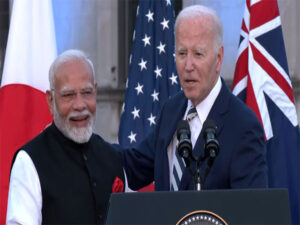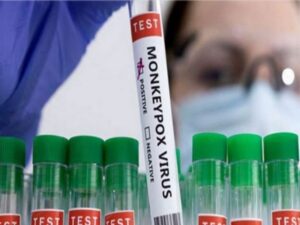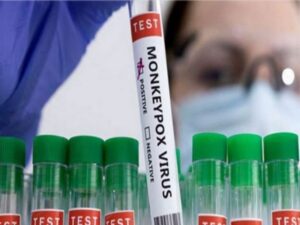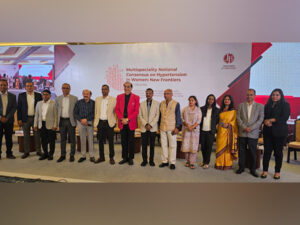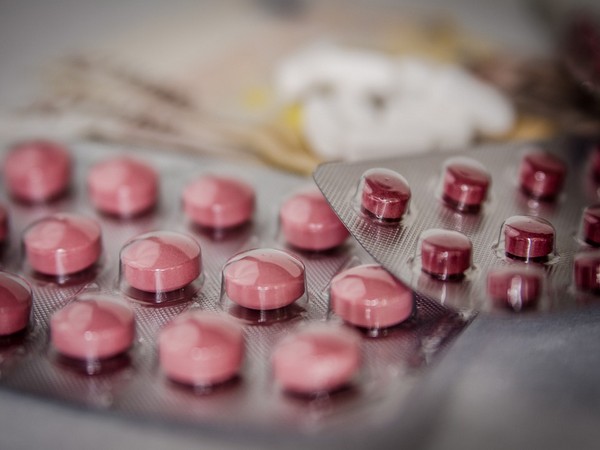
New Delhi [India], August 2 (ANI): Pharma companies having more than Rs 250 crores turnover will be given 6 months to adopt Good Manufacturing Practices and companies having less than Rs 250 crore will be given 12 months for the same, as per the official sources.
Good Manufacturing Practices (GMP) are a mandatory standard which builds and brings quality into the product by way of control of materials, methods, machines, processes, personnel and facility and environment etc.
“In order to have a smooth transition from the present Schedule M to revised Schedule M, it has been decided to provide a transition period of 6 months and 12 months for large manufacturers (more than 250 crore turnover) and MSME (less than 250 crore turnover) respectively,” official sources said. GMP was first incorporated in Schedule M of the Drugs and Cosmetics Rules, 1945 in the year 1988 and the last amendment was done in June 2005.
Existing schedule M under the Drugs Rules, 1945 prescribes details of requirements of Facilities and their maintenance, personnel, manufacture, control and safety testing, storage and transport of material, written procedures, written records, traceability, etc. “There are around 10500 manufacturing units in the country out of which around 8500 fall under the MSME category. India is a major exporter of medicines to LMIC countries which require WHO GMP certification. We have around 2000 units in the MSME category in the country having WHO GMP certification,” official sources mentioned.
“Pharmaceutical manufacturing and quality domain has developed significantly in last 15-20 yrs. Our understanding of the domain has increased because of development in Pharmaceutical and Manufacturing Sciences. The linkage between manufacturing and product quality and interdependence between the two has been established,” sources added. Also, observations from ongoing Risk Based Inspections further reiterated the need to relook at the current GMP regulations and Quality Management Systems being followed by pharmaceutical manufacturers.
Sources mentioned that they have inspected 162 units and 14 public testing labs till now.
Major issues found during RBI inspections are poor documentation, lack of process and analytical validations, absence of self-assessment, absence of quality failure investigation, absence of internal product quality review, absence of testing of incoming raw material, infrastructural deficiency to avoid cross-contamination, absence of professionally qualified employees, faulty design of manufacturing and testing areas etc.
Based on the above factors and to keep pace with the fast-changing manufacturing and quality domain, there was a necessity to revisit and revise the principles and concept of GMP mentioned in the current Schedule M. “This would bring our GMP recommendations and compliance expectation at par with global standards, especially to those of WHO, and ensure production of globally acceptable quality of the drug,” as per the sources.
Accordingly, based on the discussion and recommendation of the DTAB, a draft notification was issued on 05.10.2018 to upgrade and synchronize Schedule M comparable to international standards. A large number of comments and suggestions were received from various stakeholders. After a review of suggestions and comments and multiple consultations with stakeholders, a draft revised Schedule M was published.
Sources maintained that some of the major changes which will happen with the introduction of revised Schedule M to support the upgradation of the units are the introduction of Pharmaceutical Quality System (PQS), Quality Risk Management (QRM), Product Quality Review (PQR), Qualification and Validation of equipment, Change control management, Self-inspection and Quality audit team, Suppliers audit and approval, Stability studies as per recommended climate condition, Validation of GMP related computerized system, Specific Requirements for Manufacturing of Hazardous products, Biological Products, Radiopharmaceutical and Phytopharmaceuticals etc.
Now, considering the importance of upgraded and revised GMP in ensuring the quality of drugs, Government has decided to finalize the draft rules. This will address most of the deficiencies related to documentation, failure investigation and technically qualified personnel with the right person doing the right job. It will support the development of a robust quality management system in the company thereby enabling the production of globally acceptable quality medicine. Better quality management will help manufacturers grow their business nationally and internationally which is a huge opportunity for the Indian pharmaceutical business. (ANI)








